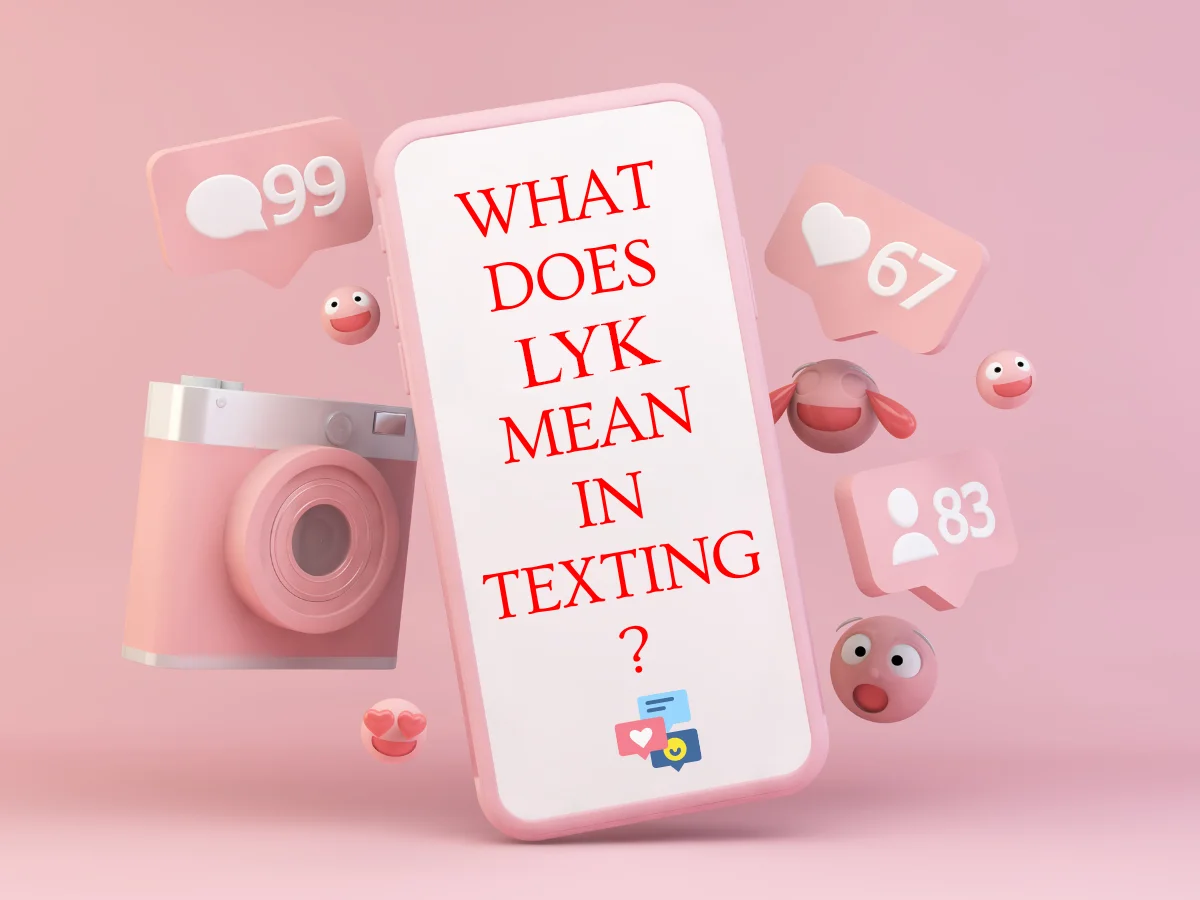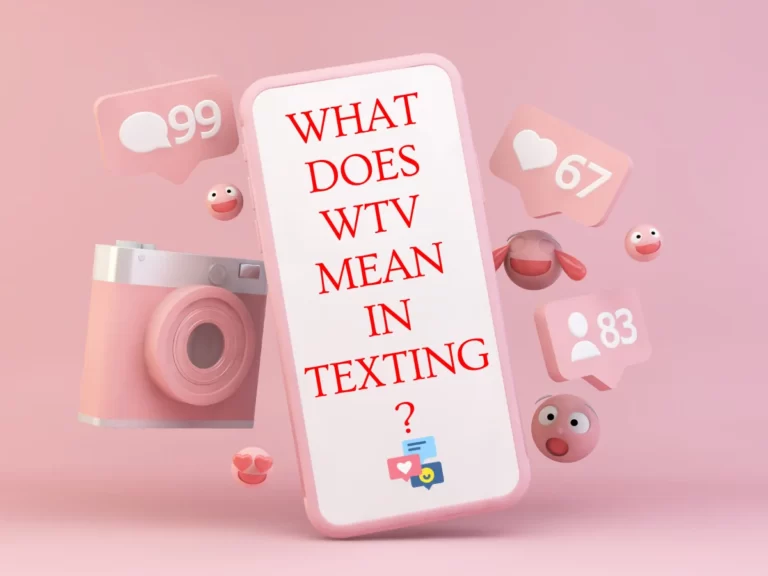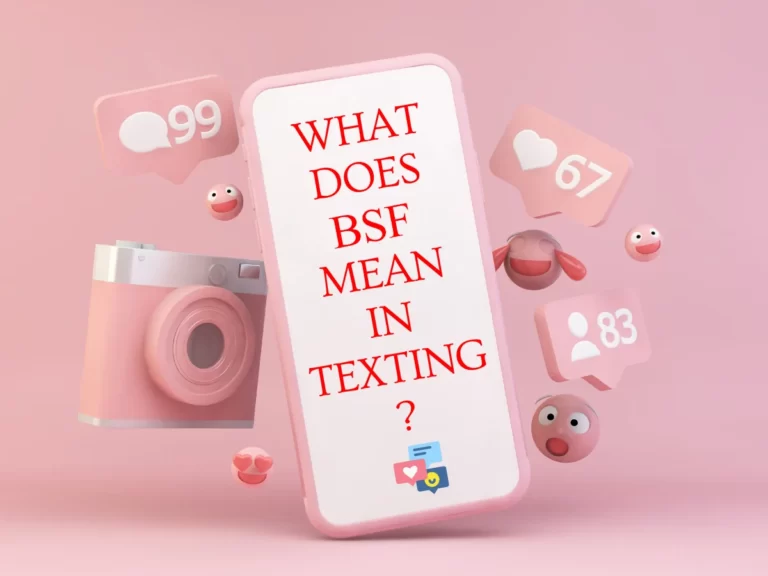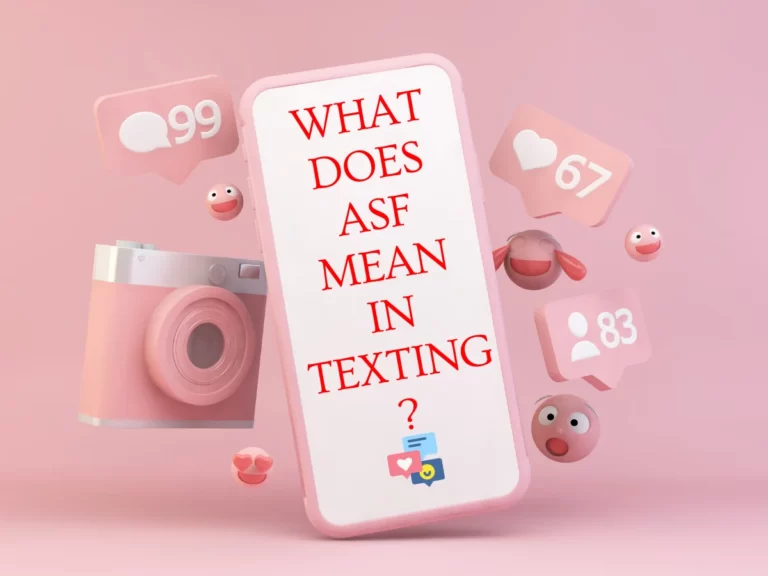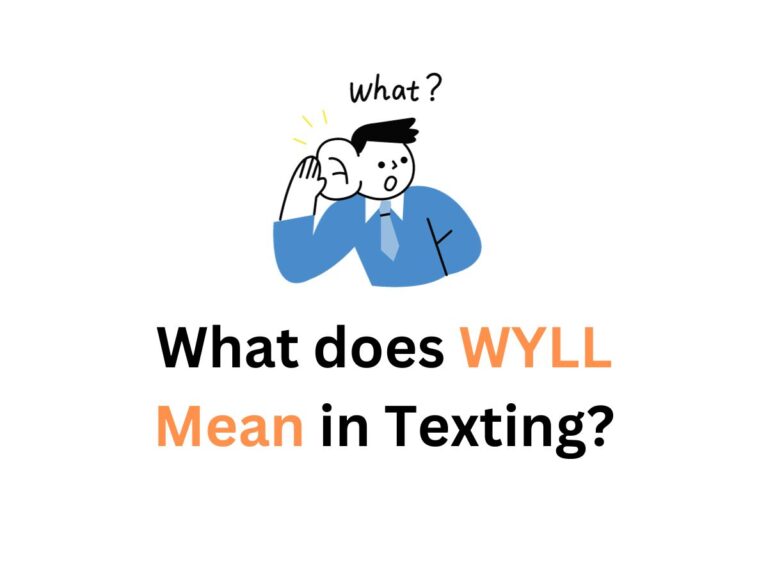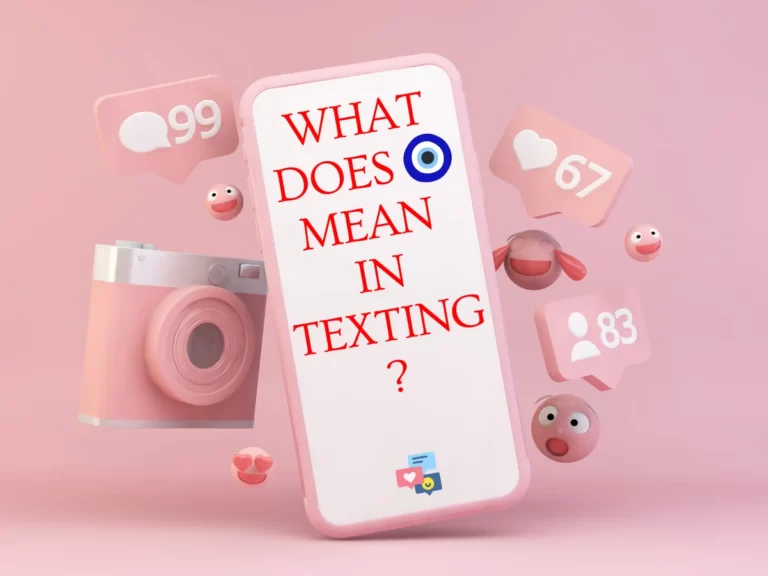What Does LYK Mean In Text | Explained With Examples
With the ever-evolving world of technology, texting has become an integral part of our daily communication. It has created a new form of language that is not only convenient but also fun and dynamic. The language in text messages is known as “text speak,” a unique form of communication that includes abbreviations and acronyms. One of the acronyms used in texting is LYK. For many people, this acronym is still new and can be quite confusing. Here, we’ll discuss what LYK mean in texting.
Read to know BSF Mean in Text.
What Does LYK Mean In Texting Language?
LYK is a common abbreviation used in text messages that stands for “Let You Know.” The acronym is used to let the receiver know that the sender will provide them with information shortly. This information can be anything from an update on a particular issue to an invitation to an event.
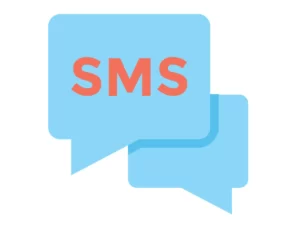
The use of LYK is quite convenient in text messaging as it saves time. Instead of writing a lengthy message discussing all the details, the sender can use LYK to inform the receiver that they’ll be getting an update soon. For instance, if someone is waiting for news about a job application, they can send a quick text with the acronym LYK, letting the receiver know that they will give them an update shortly.
LYK is also used as a polite way of letting someone know that you will get back to them shortly. Sometimes, we receive messages when we are busy with other things, and we need time to respond fittingly. Instead of not responding, LYK can be used to let the sender know that we have received their message and will respond soon.
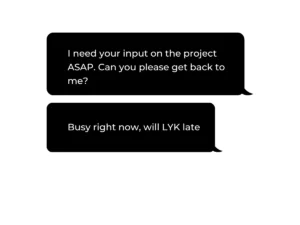
However, it’s essential to note that the use of LYK can also be perceived as rude if not employed appropriately. For instance, ignoring an urgent message and using LYK to let the sender know that you will get back to them shortly can be deemed insensitive. It is important to ensure that LYK is used appropriately to avoid miscommunication and misunderstandings.
Lastly, LYK is not the only acronym in text-speak. Text-speak has become quite extensive and is ever-evolving. There are countless acronyms used in text messages, and new ones are continually being created and added to the existing list. Some of the commonly used acronyms include LOL (Laugh Out Loud), BRB (Be Right Back), and OMG (Oh My God), among others.
Is LYK a Common Acronym?
Yes, LYK is a very common acronym used in texting. It can be found in messages sent between friends, family members, and even co-workers.
Can LYK Be Used in Formal Messages?
While LYK is more commonly used in informal conversations, it can also be used in some formal messages. For example, it could be used in a message between business partners to inform them of an upcoming meeting.
Are There Any Synonyms for LYK?
Yes, there are several synonyms for LYK, including “I’ll keep you posted” or “I’ll update you.” These expressions convey the same meaning and can be used interchangeably with LYK.
What’s the Difference Between LYK and LMK?
LYK and LMK are similar acronyms, but they have slightly different meanings. LMK stands for “let me know,” which is an invitation for the recipient to respond with their input or decision. LYK, on the other hand, means that the sender will provide an update without expecting a response.
How Should I Use LYK in a Text Message?
You can use LYK in a text message to inform the recipient that you’ll be updating them on a particular subject in the future. For example, if you’re waiting for an important phone call, you might text someone and say, “I’ll LYK when I hear back.”
Are There Any Common Misspellings of LYK?
Yes, there are a few common misspellings of LYK. Some people might type “LK” instead of “LYK,” while others might add an extra letter and type “LYKK.” However, it’s best to stick with the correct spelling to avoid any confusion.
Conclusion
In conclusion, LYK stands for “Let You Know,” and it is a common abbreviation used in text messages. Text-speak is a unique form of communication, and understanding the acronyms used in it is essential to avoid misunderstandings. Acronyms like LYK, LOL, BRB, and OMG, among others, are used to save time, express emotions, and create a fun and exciting way of communicating. When using text-speak, it is vital to apply it appropriately to convey the intended message without hurting others.
